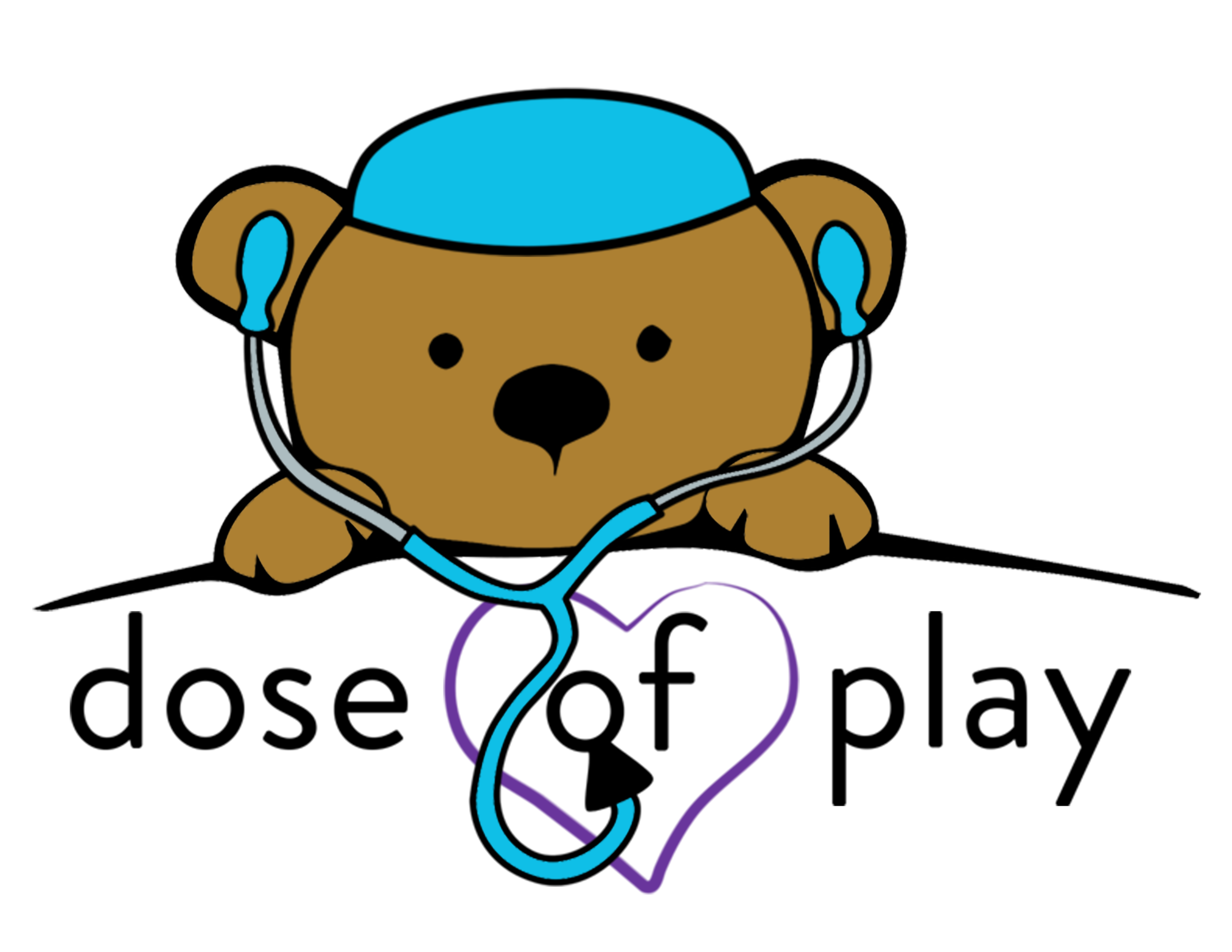Game on!
Help educate and ease kids' anxiety through play with this fun medical-themed game adaptation.
In the hospital setting, child life specialists create opportunities for play based learning in a variety of ways. We do this through pre-surgical tours, procedural preparation, new diagnoses teaching, medical play, medical art making, feelings activities and more. Not only does education help children understand the “whys” for their medical experience, but it also prepares them for next steps, creates feelings of mastery and confidence, and provides strategies to cope.
Play gives children a chance to practice what they are learning. - Fred Rogers
Throughout my career I was quite familiar with the creative use of board games adapted to create a safe and fun space for children and teens to either learn, share, or process their medical experiences. One of the most popular game adaptation uses Jenga pieces as a therapeutic activity to unite peers and create a safe space to express feelings and experiences related to their hospital experience, chronic illness or loss of a loved one. Other games, such as “Trouble” or “Chutes and Ladders,” have been used as a fun way to incentivize kids to drinking fluids to help their bodies heal. Each number popped or rolled on the die of their turn equals the number of sips they must take. Or maybe the doctors are waiting to see how the child's body tolerates drinking fluids or taking an oral medicine.This game playing for strong-willed young children is often the winning ticket for families desperate for the green light to go home.
I thought I would add another game adaptation into the mix! Headbanz is a blast to play for the family, geared for school-aged kids 6 years and up. However, I would argue that children as young as preschool age can have a ton of fun and learn, if they have some assistance from an adult (zone of proximal development – for you early education folks!) I created a set of cards with commonly used medical equipment with the goal of familiarizing kids with the items, modeling developmentally appropriate descriptions of the equipment functionality, and mastery of understanding through the repetitive nature of the game.
Some practical applications for this game:
Include it in a family game night to prepare for a child’s upcoming surgery
Invitation to play at a hospital group programming event or
A fun interactive program for a hospital's internal production studio
In elementary school to help peers understand a child's illness, hospitalization, post-surgery care
Learn more about preparing a child for surgery


